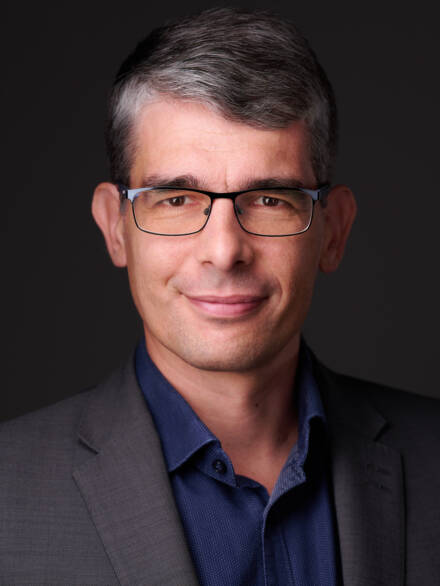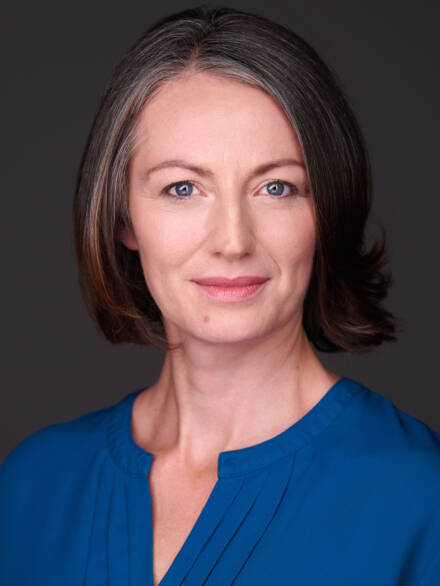
János Fiala-Butora, Harvard SJD
I am an attorney at law licensed at the Budapest Bar in Hungary and the Slovakia Bar.
With my studies in Europe and North America I acquired a thorough knowledge of international law and international human rights standards. International human rights law is my main practice area, my teaching field, the object of my research, and my passion.
After finishing economic studies (Ing. ‘02) and law school (Mgr. ’03) in Slovakia, I studied international human rights law at Central European University, Budapest (LLM ’04). I worked in a law office in Slovakia during and after my studies, and completed an internship at the European Court of Human Rights in Strasbourg 2004. In 2005 I joined the non-governmental sector to focus on international human rights litigation. I acted as the lawyer of the Mental Disability Advocacy Center (MDAC), Executive Director of Minority Rights Group Europe (MRGE), Legal Director of the Disability Rights Centre (DRC), and Executive Director of Validity Foundation. I also developed a practice of consulting human rights organizations on international law aspects of their legal cases, and consulting governments on implementing their human rights obligations.
I returned to my studies to pursue an LLM (’10) and SJD (’16) degree at Harvard Law School, where I focused on international human rights standards and the rights of persons with disabilities.
I believe it has the answer to many of the world injustices, and my task as a lawyer is to show clients how it can be used to remedy the wrongs they suffered. I actively consult with governments on their human rights laws and policies, advised a number of Council of Europe and UN bodies on developing human rights instruments, developed guidelines on litigation before the Court of Justice of the EU for human rights organisations, and have brought landmark litigation before international tribunals such as the European Court of Human Rights, the UN Human Rights Committee, the European Committee of Social Rights, the UN Committee on the Right of Persons with Disabilities, the UN Committee on the Elimination of Racial Discrimination on issues such as the right to vote, linguistic rights, the right to education, freedom from ill-treatment, involuntary hospitalisation, guardianship, parental rights, and others. In my practice I represent individual clients before domestic or international tribunals, or act as a consultant to their lawyers or organisations representing them to develop and implement an international litigation strategy providing a remedy to the violation of their human rights.
European Court of Human Rights
- Bosits v. Slovakia (No. 75041/17, 19 May 2020)
- Sýkora v. the Czech Republic (No. 23419/07, 22 November 2012)
- Bureš v. the Czech Republic (No. 37679/08, 18 October 2012)
- Plesó v. Hungary (No. 41242/08, 2 October 2012)
- Stanev v. Bulgaria (No. 36760/06, 17 January 2012)
- Alajos Kiss v. Hungary (No. 38832/06, 20 May 2010)
UN Committee on the Rights of Persons with Disabilities
- Bujdosó and 5 other persons v. Hungary (No. 4/2011, September 9, 2013)
UN Human Rights Committee
- Pereszlényi v. Slovakia (No. 4064/2021, ongoing)
- Laczkó v. Slovakia (4094/2022, ongoing)
UN Committee on the Elimination of Racial Discrimination
- Szekeres v. Slovakia (No. 80/2022, ongoing)
European Committee of Social Rights
- MDAC v. Bulgaria (No. 41/2007, June 3, 2008)
Amicus briefs
- D.H. and Others v. Sweden (Eur. Ct. Hm. Rts., No. 34210/19, ongoing)
- P.H. v. Slovakia (Eur. Ct. Hm. Rts., No. 37574/19, 8 September 2022)
- Mrak and Toplak v. Slovenia (Eur. Ct. Hm. Rts., No. 34591/19, 26 October 2021)
- Strobye and Rosenlind v. Denmark (Eur. Ct. Hm. Rts., No. 25802/18, 2 Feb. 2021)

Erika Fiala-Butora, LLM
I am an attorney at law licensed at the Budapest Bar in Hungary.
I worked both on legislative work and in litigation before domestic and international bodies, which offered me a thorough understanding of how lawyers can use the law as a tool for advancing the rights of people and nature.
After finishing law school both in Serbia and Hungary, I studied international law at Central European University, Budapest. The master program extensively focused on EU law and international dispute settlement mechanisms. I wrote my thesis on the EU emission trading scheme, which laid the foundation of my interest in environmental law. I deepened my knowledge at Harvard Law School where I studied Climate Change Justice and U.S. Environmental Law. Following my studies, I worked at two international law firms in Budapest and in Boston specializing in energy law and international law.
When the opportunity arose to work on environmental law matters, I joined the office of the Hungarian Ombudsman for Future Generations in 2016. In my role, I gained a solid knowledge of human rights law and related litigation, especially in the field of environmental law. I worked both on legislative work and in litigation before domestic and international bodies, which offered me a thorough understanding of how lawyers can use the law as a tool for advancing the rights of people and nature.
When I left the Ombudsman’s Office to join the Fiala-Butora Law Firm, I had a solid knowledge of fundamental rights and litigation.
As an attorney at law:
I submitted several applications to the European Court of Human Rights.
I started several domestic proceedings in Hungary in order to protect the fundamental rights of my clients.
I initiated a complaint procedure before the European Commission regarding the pollution of the Slana River in Slovakia.
I submitted an internal review request on behalf of two international NGOs to challenge the European Union’s climate target.
CAN Europe and GLAN legally challenge European Commission to up EU climate ambition
I developed several litigation strategies on how to best protect the environment before the competent EU bodies. These are being prepared and submitted in cooperation with international NGOs.
I strive to continue this work and find the best strategy for the needs of each of my client and their human rights problems. I have worked with people from many countries with a simple aim before me: to provide the best protection for their fundamental rights.


